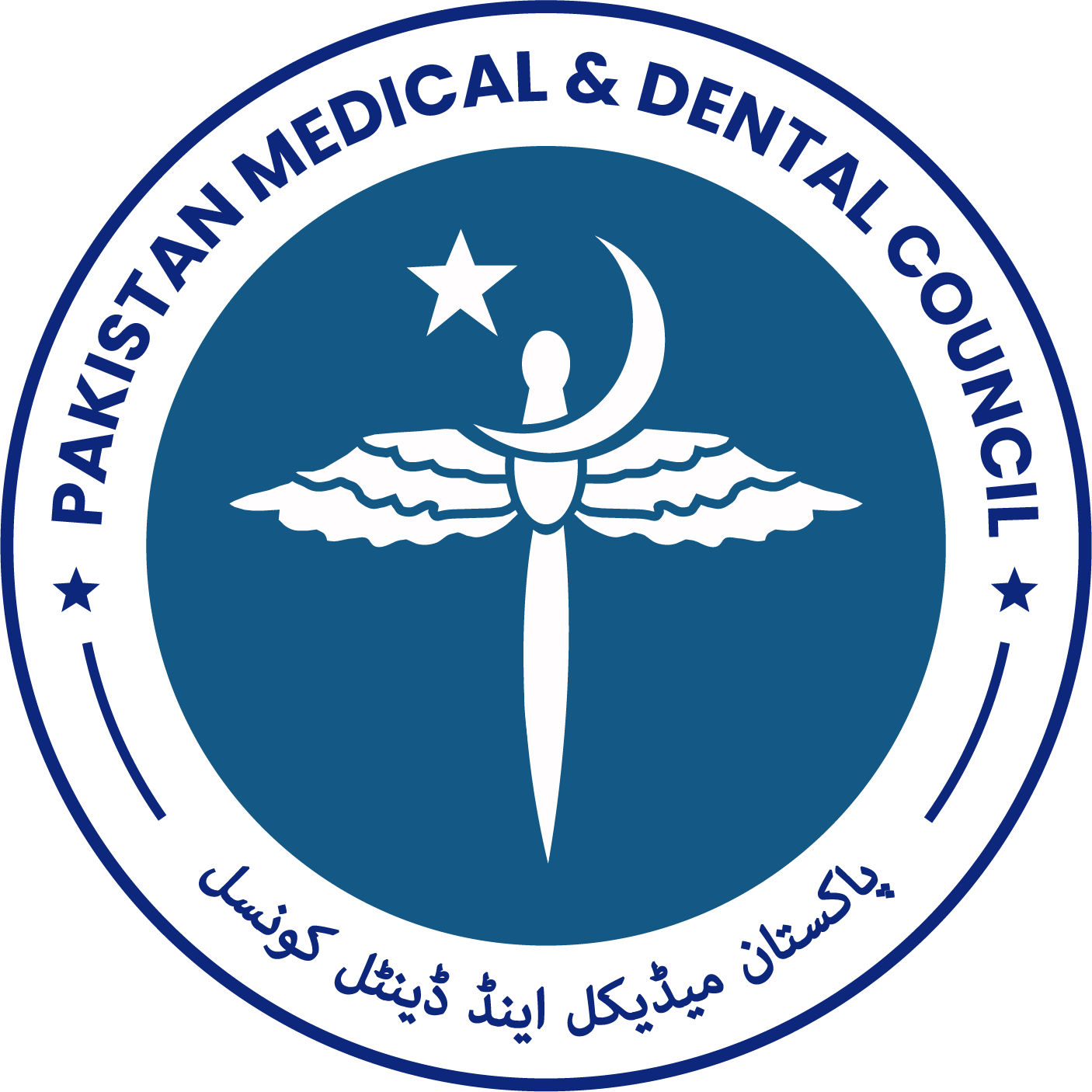Perceptions of House Officers Working in Obstetrics and Gynaecology Department Regarding their Training
DOI:
https://doi.org/10.53685/jshmdc.v1i2.65Keywords:
House Officers, Junior doctors, Training programmeAbstract
Background: House job is a challenging stage in doctor’s career in which they learn how to apply knowledge which they have obtained from their medical school in practice. It is the social responsibility of the medical institute to train their doctor in a way to provide proper health care facilities to the society.
Objectives: To explore perception and views of House Officers, posted in Department of Obstetrics & Gynaecology of Shalamar Hospital regarding their training.
Methods: A cross-sectional self –administered, question-based survey was conducted in department of obstetrics & gynaecology of Shalamar Hospital Lahore. The House Officers (Hos) posted in Department of Obstetrics & Gynaecology were enrolled in the study from April 2017 to April 2019. Thematic analysis of the free comments was also performed.
Results: A total of 55 house officers took part in the survey. Out of total 55, approximately 83% of HOs reported to be satisfied with their training while 11 % were not satisfied. Most of the HOs 74% agreed with the statement that they are well prepared for future practice, after posting in department of obstetrics & gynaecology. 7.2% strongly agreed, 76% agreed and 11% disagreed with the statement that they have were well prepared for future practice after their obstetrics & gynaecology rotations. 90% of respondents said that they needed more surgical skills and 33% reported that they were deficient in dealing with emergencies. Common themes that emerged from comments included, peer behavior, clerkship, problems of working environment, and less exposure to emergencies as well as surgical procedures.
Conclusion: House job is the first step of post graduate training for physicians in Pakistan. The HOs at Shalamar Hospital had mixed views about their training. Most of the Hos were satisfied with their overall training, but they reported lack of surgical skills and suggested training in dealing with gynecological emergencies. Greater peer support and hands on training are required to facilitate young professionals so that they proceed with skills and gain confidence in their professional journey.
Downloads
Published
How to Cite
Issue
Section
License
Copyright (c) 2019 Shaherzad Sohail, Lubna Riaz Dar, Fouzia Umber Qureshi

This work is licensed under a Creative Commons Attribution-NonCommercial 4.0 International License.
You are free to:
- Share — copy and redistribute the material in any medium or format
- Adapt — remix, transform, and build upon the material
- The licensor cannot revoke these freedoms as long as you follow the license terms.
Under the following terms:
-
Attribution — You must give appropriate credit, provide a link to the license, and indicate if changes were made. You may do so in any reasonable manner, but not in any way that suggests the licensor endorses you or your use.
-
Non Commercial — You may not use the material for commercial purposes.
-
No additional restrictions — You may not apply legal terms or technological measures that legally restrict others from doing anything the license permits.





















